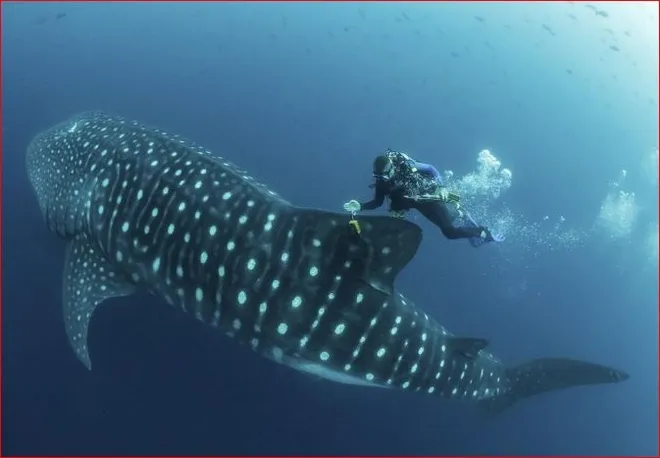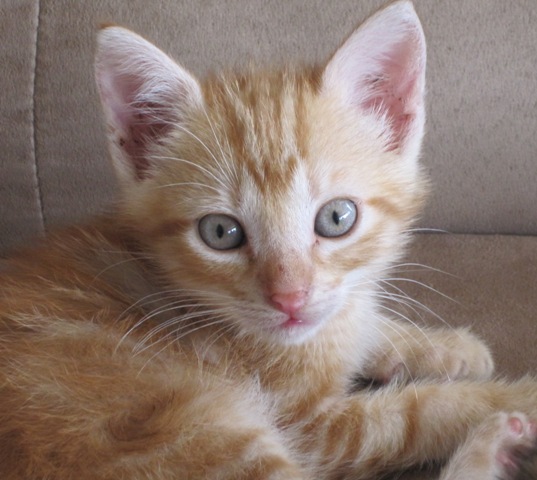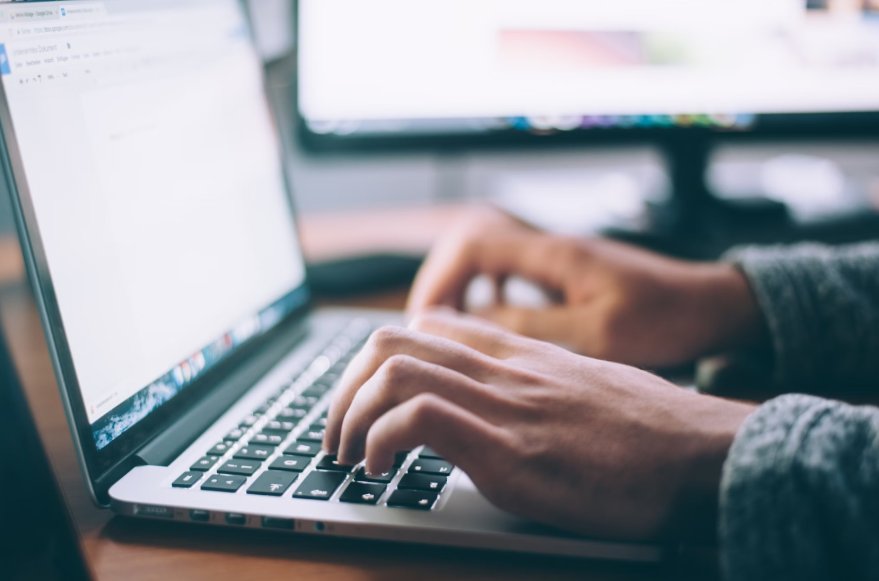Corruption Scandal: shakes the Isthmus

On Thursday 19 April, President, Ricardo Martinelli, first showed his face to the country about the corruption scandal whose epicenter is in Naples, but with a greater magnitude that shakes the Isthmus of Panama.
So said La Prensa, April 24 in its introduction to the final two pages of wire-tap revelations obtained by Italian prosecutors. The paper continued:
In a press conference in which the president fielded questions he became irritated bym and attacked the personal life of journalist Hugo Famanía, Martinelli sought at all costs to downplay his relationship with Valter Lavítola.
For Martinelli, Lavítola (now arrested on serious charges of corruption) was a kind of partner in charge of relations with Silvio Berlusconi. "I met him when we went to Italy to visit the Pope and President Berlusconi on our first visit."
"Berlusconi told me that Mr. Lavítola was a trusted person and was the person who would be in charge of relations with Panama," said the President.
Asked about the business of those who accuse Lavítola of things done in Panama, he said "Mr. Lavítola had no business in Panama, all he had in Panama waS a son with Karen".
Before reporters, President Martinelli used epithets to discredit Mauro as a man that raises "a lot of questions, many of which have to do with his moral attitude, with drugs and his association with persons of dubious reputation."
Questioned the role of his son, Ricardo Martinelli Linares (Rich) in the scandal, the President said there was no contact between them beyond that he had been the same day at the luncheon hosted by Berlusconi . "What relationship talk? … my son is not official, please be more responsible, and respectful," said the president extremely annoyed.
The documents contained in the Italian courts, however, offer a very different version of events that the president offered to citizens that night.
In the two installments, this daily [La Prensa] has transcribed extensive discussions presented by the Naples prosecution, taken from intercepted calls to Lavítola’s phones particularly those that relate to a journey of Martinelli to the island of Sardinia, where he suggested that he had been invited by the Italian premier Berlusconi, but that was handled by Lavítola. In addition, the prosecution presented documentary evidence which supports the claims of Mauro Velocci of bribes to Panamanian officials to obtain a contract to build prisons.
La Prensa went on to publish the intercept transcripts and photos of some of the key names, including Panama’s mayor, Roxena Mendez, at the time working in the presidential palace, who has strenuously denied any involvement,





